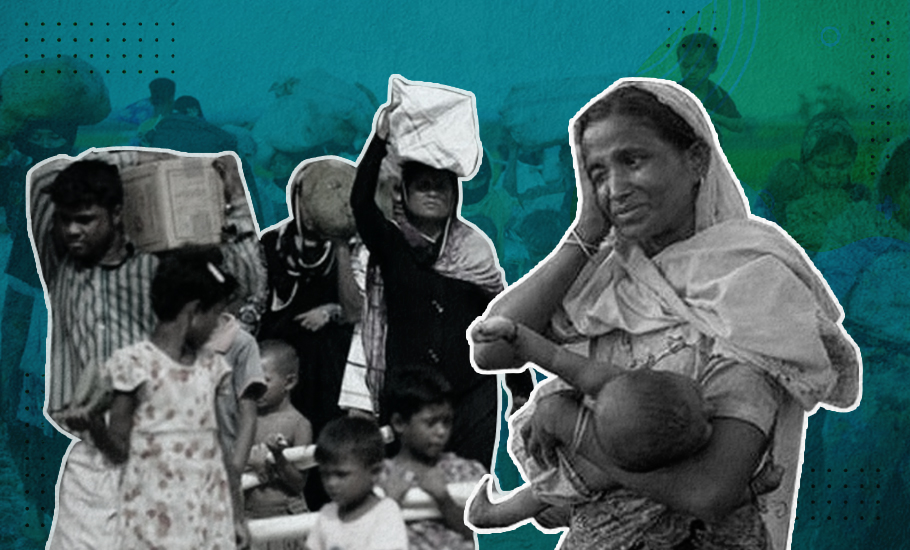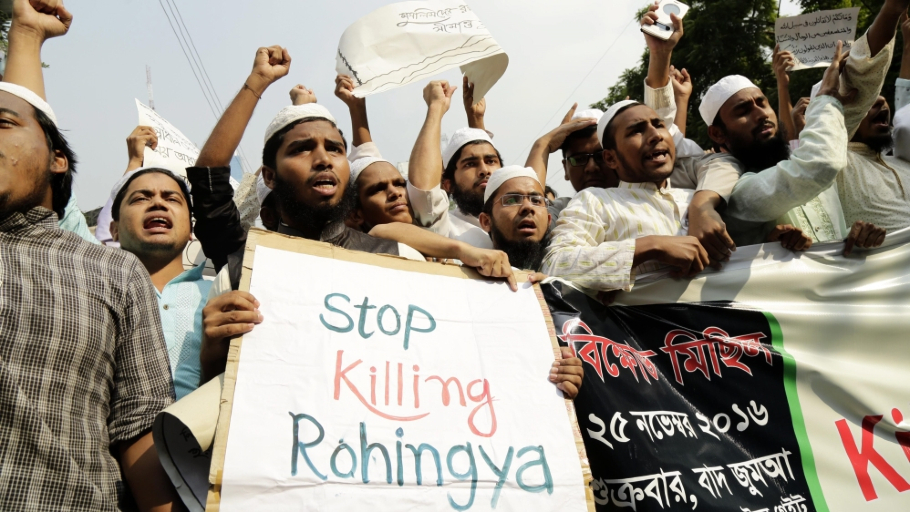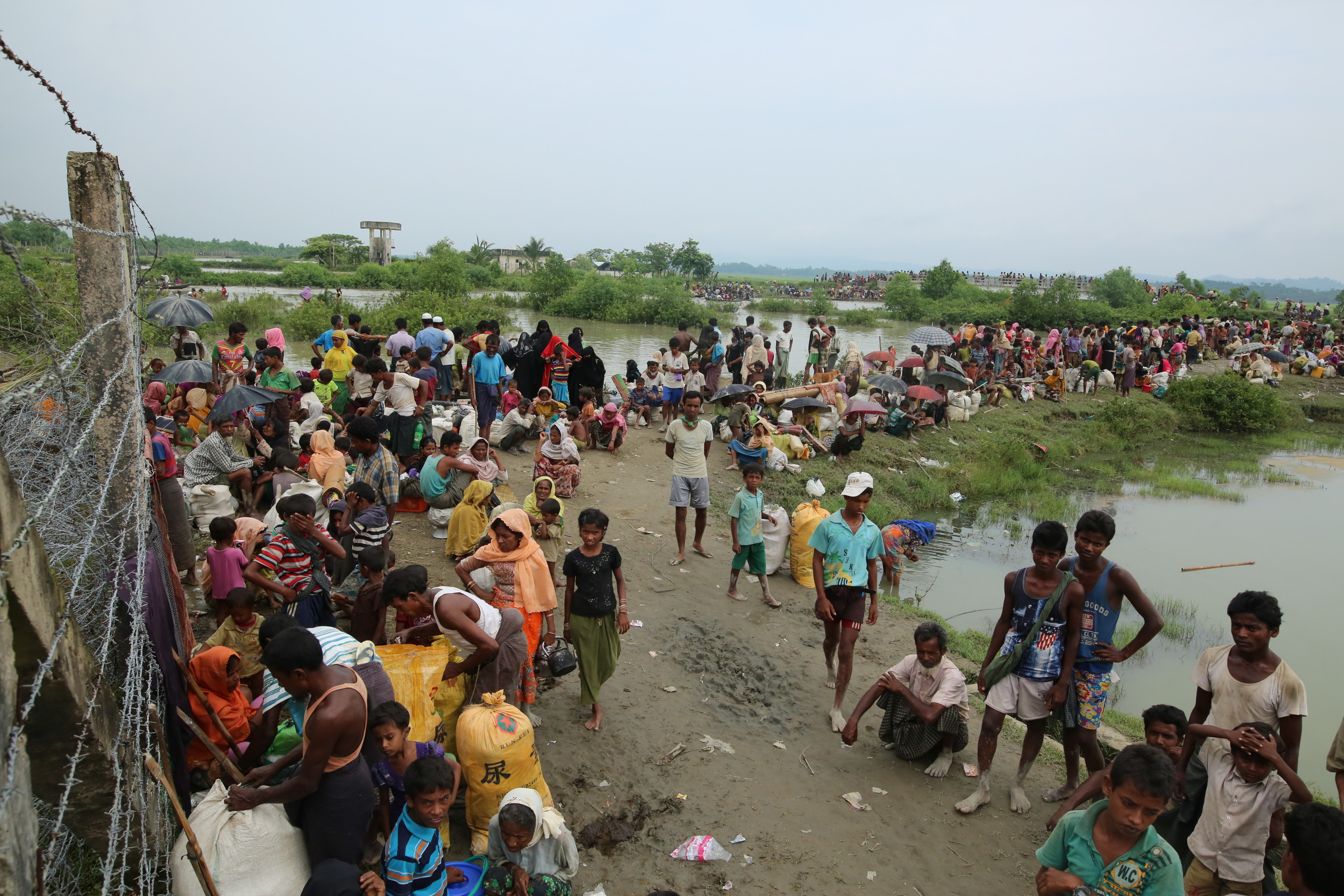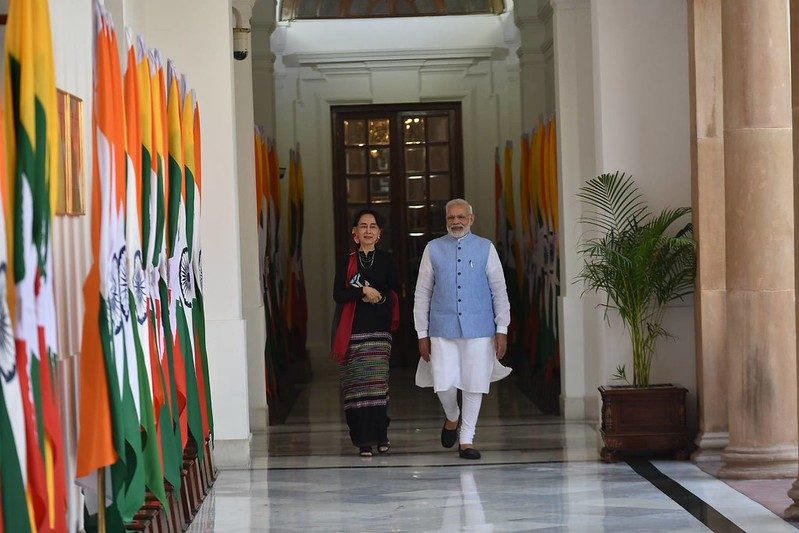
- Home
- India
- World
- Premium
- THE FEDERAL SPECIAL
- Analysis
- States
- Perspective
- Videos
- Sports
- Education
- Entertainment
- Elections
- Features
- Health
- Business
- Series
- In memoriam: Sheikh Mujibur Rahman
- Bishnoi's Men
- NEET TANGLE
- Economy Series
- Earth Day
- Kashmir’s Frozen Turbulence
- India@75
- The legend of Ramjanmabhoomi
- Liberalisation@30
- How to tame a dragon
- Celebrating biodiversity
- Farm Matters
- 50 days of solitude
- Bringing Migrants Home
- Budget 2020
- Jharkhand Votes
- The Federal Investigates
- The Federal Impact
- Vanishing Sand
- Gandhi @ 150
- Andhra Today
- Field report
- Operation Gulmarg
- Pandemic @1 Mn in India
- The Federal Year-End
- The Zero Year
- Science
- Brand studio
- Newsletter
- Elections 2024
- Events
- Home
- IndiaIndia
- World
- Analysis
- StatesStates
- PerspectivePerspective
- VideosVideos
- Sports
- Education
- Entertainment
- ElectionsElections
- Features
- Health
- BusinessBusiness
- Premium
- Loading...
Premium - Events

BJP govt's stand on Rohingya issue has exposed the gaping holes in foreign policy
Along with China, India’s role is considered vital in pursuing Myanmar to end the Rohingya refugee crisis, and New Delhi needs to raise the issue fervently at the world stage.

When the convoy of BJP state president Dilip Ghosh was attacked at Jaygaon in Alipurduar district at the fag end of last year, the party was quick to put the blame on Rohingya refugees for the assault. “Rohingya Muslims were behind the attack. From the video of the incident, you can identify them by their appearances… They (the attackers) are not from Bengal,” Ghosh had alleged, picking...
When the convoy of BJP state president Dilip Ghosh was attacked at Jaygaon in Alipurduar district at the fag end of last year, the party was quick to put the blame on Rohingya refugees for the assault.
“Rohingya Muslims were behind the attack. From the video of the incident, you can identify them by their appearances… They (the attackers) are not from Bengal,” Ghosh had alleged, picking the persecuted refugee community to whip up anti-Muslim sentiment.
It is an altogether different matter that there is no recorded presence of Rohingyas, let alone a large group, in the area capable of orchestrating attack on the motorcade of one of the most protected politicians of the state.
“I have not heard of any concentration of Rohingya population in Jaygaon area,” says Kirity Roy, secretary of Banglar Manabadhikar Suraksha Mancha (MASUM), a Bengal based organisation that works for the rights of migrants and has a strong presence in the area.
According to the home ministry’s figure, the Rohingya population in the entire country is estimated to be about 40,000, including some 18,000 registered as refugees by the United Nations High Commissioner for Refugees (UNHCR).
This minuscule number is hardly considered a deterrent in making the community a potent tool in the murky politics of polarisation, putting Rohingyas in the same bracket with Pakistanis and Bangladeshis as the most scorned term in the lexicon of BJP poll campaigners.
Even in the recently-concluded Greater Hyderabad Municipal Corporation (GHMC) elections, the Rohingya issue dominated the BJP’s campaign pitch.
Its firebrand youth leader and Bengaluru South MP Tejasvi Surya, reiterating the party’s position on the issue, had announced that every single Rohingya refugee that AIMIM chief Assaduddin Owaisi “tries to protect will be thrown out”.
BJP Telangana president Bandi Sanjay Kumar went a step further and even suggested conducting “surgical strikes in the old city of Hyderabad” to evict the community.
Union minister for textile Smriti Irani had even demanded a probe into alleged inclusion of Rohingyas into the electoral rolls in Hyderabad, the country’s technology hub that earned the title of world’s most dynamic city this year from US-based global real estate services firm Jones Lang Lasalle (JLL).

Likewise, in the run up to this year’s assembly elections, the Rohingya issue has started to figure prominently in speeches of BJP leaders in Bengal. Ghosh’s diatribe after the Jaygaon incident was part of that script. The BJP state president did not stop at that. He, along with other party leaders, is frequently targeting the community, accusing them of turning the state into a terror hub.
“Lakhs and lakhs of Rohingyas are infiltrating into Bengal from Bangladesh. The state’s ruling dispensation is giving them shelter and protection. As a result, when the rest of India could be freed from terrorists, they are getting more active in Bengal,” the BJP leader alleged.
Politics-policy mismatch
The avidity displayed by the BJP over Rohingya issue in domestic politics, however, is missing in the foreign policy of the party-led government at the Centre, undermining the country’s geopolitical influence in its immediate neighbourhood.
The Rohingya crisis, simmering for decades, exploded before the world only in 2017 when more than 730,000 people from the ethnic minority community fled Myanmar’s Rakhine state to Bangladesh after a military-led crackdown in response to an attack by insurgents of the Arakan Rohingya Salvation Army (ARSA) on Myanmar security posts.
Most Rohingyas in India, however, came here after the riots in Rakhine state in 2012, much before the 2017 genocide.
The then Congress-led government was sympathetic to the plight of, to quote the United Nations, the most persecuted minority in the world. The then government permitted Rohingyas to settle in and around Jammu city.
India’s stand on the issue took a sharp turn after the Narendra Modi government came to power in 2014. It perceived the stay of Rohingyas in the country as a potential security threat and wanted to deport all of them. But it is easier to make political statements than to actually evict “stateless citizens”. As expected the BJP-led government’s deportation drive came to a naught in the face of legal hurdles and international pressure.

The better option to deal with the issue was to convince Myanmar to create a conducive atmosphere for the sustainable return of Rohingya refugees to their home state of Rakhine. India, despite tough posturing at home front, has always been reluctant to push Myanmar to resolve the biggest humanitarian crisis in the entire South Asia.
Bangladesh Prime Minister Sheikh Hasina on multiple occasions has said that her country expected India to do more to help repatriation of Rohingya refugees to their homeland. India however has so far remained evasive in taking any proactive role in defusing the crisis even though it publicly advocates early stabilisation of the situation in Rakhine State.
“India wants a safe, speedy and sustainable repatriation of Rohingyas to Myanmar,” Indian High Commissioner in Bangladesh Vikram Kumar Doraiswami asserted while interacting with the media in Dhaka on December 21.
On the ground however, the crisis has only deepened. The approximate 600,000 Rohingya remaining in Rakhine State are “facing severe repression and violence, with no freedom of movement or other basic rights”, according to a report of the Human Rights Watch.
In the recently held national elections, Rohingyas were blocked from running for political office.
“Myanmar has failed to address the root causes of widespread abuses against the Rohingya and has refused to create the necessary conditions for their safe, dignified, and voluntary return,” the rights body observed.
What friendship means
India, however, prefers to look the other way even as it shares the concern of Bangladesh, which has been economically burdened the most by the crisis. India has multiple compulsions not to nudge the Aung San Suu Kyi government in Nay Pyi Taw to take back Rohingyas who had fled ethnic cleansing in Myanmar.
During the visit of Army Chief General MM Naravane and Foreign Secretary Harsh Vardhan Shringla to Myanmar in October this year, the two countries agreed to operationalise the Sittwe port in the Rakhine State in the first quarter of 2021.
The port is financed by India as part of the Kaladan Multi-Modal Transit Transport Project that will provide an alternative route to connect land-locked Northeast India with the rest of the country. Besides, India is actively collaborating with Myanmar for the Bay of Bengal Initiative for Multi-Sectoral Technical and Economic Cooperation (BIMSTEC).

For energy security, India proposed to construct a petroleum refinery at an investment of about $6 billion in Thanlyn region near Yangon. India’s Oil and Natural Gas Corporation (ONGC) Videsh and Gas Authority of India also have stakes in Shwe Gas field off the coast of Rakhine state.
On the defence and security front, Myanmar launched a massive crackdown, codenamed Operation Sunshine, and handed over to India 22 insurgent leaders holed up in its territory last year.
While nurturing its friendship with Myanmar, India will also have to deliver on its commitment to Bangladesh at some point of time. Moreover, the early resolution of the Rohingya refugee crisis is also in India’s interest if the BJP government really considers it an internal security threat to India.
Further, New Delhi should also be careful not to let China take advantage of the situation to expand its strategic footprints in India’s neighbourhood.
Beijing has recently offered to host a tripartite meeting with Bangladesh and Myanmar to end the stalemate over the repatriation of Rohingya refugees from Bangladesh.
Beijing’s envoy to Dhaka, Li Jiming in October conveyed to the Bangladesh government its proposal that Chinese Foreign Minister Wang Yi would host the meeting with his counterparts in Bangladesh and Myanmar governments to resolve the issue.
It is learnt that Beijing is currently in touch with both Dhaka and Naypyitaw to schedule the meeting some time this year.
Along with China, India’s role is considered vital in pursuing Myanmar to end the Rohingya refugee crisis. To play that vital role, New Delhi needs to raise the issue fervently at the world stage while ensuring that the persecuted community does not become a pawn in India’s domestic politics.
